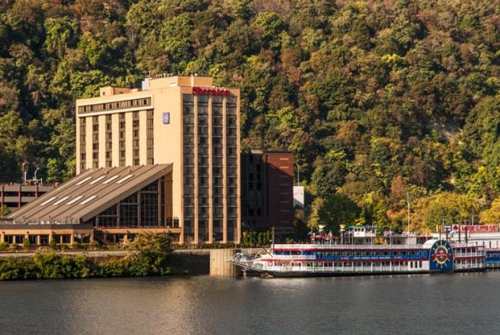The 6th International Symposium has been held in Pittsburgh (Pennsylvania) in March 27th-29th 2018. The first edition of the meeting was held in 2007 by U.S. industrial/academic partners and government agencies in order further develop the supercritical CO2 (sCO2) Brayton cycle for power generation.
Over the years, more and more participants (worldwide) are attending the event organized by the main sCO2 U.S. actors (government, industries and universities). Beside global considerations and program overviews that lead to the “already known” conclusion about the sCO2 cycle potential and expected benefits, one main message arises: the development on the technologies at an industrial scale is a complex challenge that can be taken up only with the coordination of all current projects. Compared to previous editions, proceedings were more focused on technological challenges, cost analysis and project development.
Technological challenges such as turbomachinery bearings or heat exchanger size and costs are arising with the development of bigger cycle capacities (>10MWe). Similarly to previous editions, articles concerning numerical simulations (CO2 fundamental studies), cycle simulations and material issues are also available.
Significant efforts have been made toward dynamic studies (control and regulation) and cost estimations showing that preliminary questions and studies regarding sCO2 cycle are now leaving the door open for deeper challenges. Indeed, many concrete projects have emerged in the last couple of years.
EDF (sCO2-Flex partner) and Stuttgart University (both sCO2-HeRo and sCO2 flex partner) were attending this event. EDF has presented 3 studies related to coal-boiler integration challenge, sCO2 cycle architecture optimization and dynamic modeling/regulation preliminary results. USTUTT has presented its research about different thermal heat transfer modeling approaches to improve the current model computational time consumption.
To conclude, the development of the sCO2 cycle is at an important milestone: to prove its viability for tens of MW and more.
All 2018 proceedings are available http://sco2symposium.com/www2/sco2/papers2018.htm
